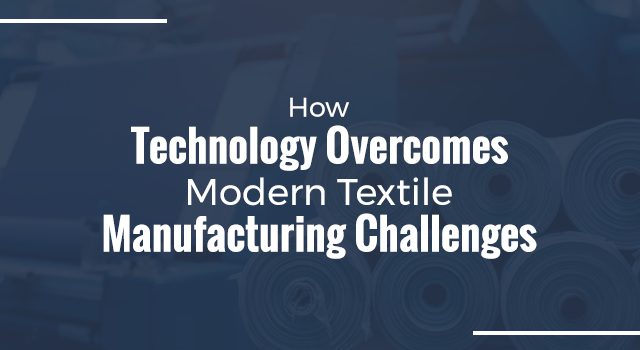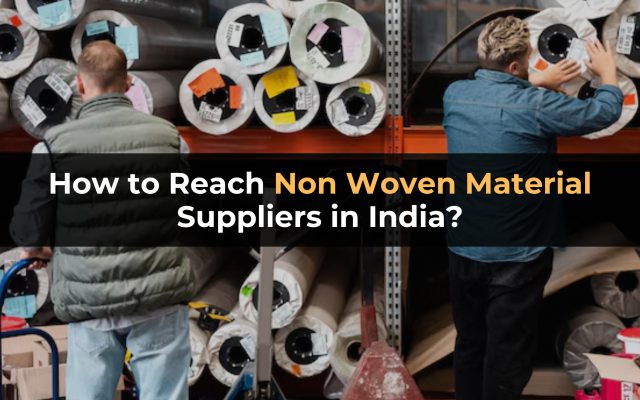What makes for a good quality fabric? A quality fabric is mostly one that’s durable, looks elegant, doesn’t fade away easily, is finely woven, gives a proper fit, and feels good on the skin. Hence, every wholesaler or fabric supplier must maintain the required quality in their fabrics to meet the demands of the consumers with the help of quality checks. The quality of the material is extremely significant to create a satisfactory piece of fabric and that is why quality control plays a very critical role in the textile industry.
Two Methods of Quality Control
In the textile industry, the quality of the fabric is controlled and monitored in two aspects:
Process Control– Process control refers to inspecting and controlling the quality of raw materials being used to produce the fabric. The process control starts even before the process of producing the fabric begins. This process of quality controls helps in identifying any loopholes or quality degradation in the materials, machinery, and human capital since they will directly impact the end quality of the finished fabric product.
Product Control– After the fabric is produced, the quality of the fabric including the colour, strength, design, pattern, etc is accessed. The defective products are sidelined.
Why quality control is crucial for Textile manufacturers in India?
Textile manufacturers consider quality control as one of the key factors before selling out their products to customers for the below-mentioned reasons:
- The quality of the fabric is constantly checked and maintained to ensure customer satisfaction. Be it during the process or after the product is manufactured, there’s a huge role quality control plays in the textile industry. The end product has to be used by the consumer and keeping that in mind, the fabric quality is maintained to attract a potential customer base for the products and turn them into loyal consumers who can purchase more apparel products in the future.
- For fabric-selling websites, quality control is of utmost importance. They especially need to give extra attention to the quality of their fabrics since online fabric suppliers are generally less trusted by consumers as compared to offline manufacturers. To prove their authenticity and build a dedicated customer base and reputation for themselves, quality is the most important element that acts as a strength for the business.
- Quality control helps fabric manufacturers in Delhi and abroad to identify if there are any loopholes in the process. The proper use of raw material is used to produce fabric has to be ensured or it might end up destroying the quality of the fabric.
- Keeping a tab on a quality check right from the initial stages helps the firms to minimize any defects in the end product. From getting the raw material to turning it into a piece of fabric, the quality control team ensures efficiency, effectiveness, and high yield.
- The growth and reputation of the company depend on the quality of the fabric being produced. Thus, ensuring good quality of the fabric in the end product will enable the apparel firms to keep an upper hand over the competitors when it comes to providing high-quality products to consumers.
- To pass through the set standards and comply with the legal and quality regulations set by the national and international authorities, quality control is crucial for textile manufacturers in India. For exporting fabrics and materials internationally, there could be hindrances concerning the quality of the fabric, hence, with the help of quality control, the manufacturers can guarantee their products are safe and free from any obligations.
Conclusion
Quality plays a crucial role in maintaining the reputation and winning the trust of the consumers. Sourcing fabric materials from manufacturers who can assure you of good quality is crucial and TEXchange Global helps apparel firms to get in touch with suppliers who can provide quality fabrics to them.




